Around 21% to 29% of patients who are prescribed opioids for dealing with chronic pain misuse them.
From this, we can make an assumption about the number of people who are suffering from opioid addiction. The best part is that it is completely treatable. Individuals who are different from opioid addiction need to opt for rehabilitation programs, particularly designed for them.
You will find a lot of treatment options from the best rehabilitation center. There are a lot of volunteer services available collaborating using Ascendant.
The recovery program involves detoxification, dealing with withdrawal symptoms, following a regular healthy routine, taking necessary medication, and also learning tools for avoiding relapses. All these are absolutely necessary for a complete recovery.
Here one can not forget that your diet also leaves an impact on your opioid recovery. It means you need to focus on your diet and what you are eating to incur a complete recovery.
In case you or any of your loved ones are suffering from opioid addiction and also opting for treatment, you need to give special attention to the diet plan. Here in this article, we will guide you with the foods one should have during their opioid recovery procedure.
Why You Should Prioritize Diet During Opioid Addiction Recovery
Opioid addiction comes with nutritional consequences. All those misusing drugs the addiction patient has consumed can lack adequate nutrients in their diet or become malnourished.
When you are recovering from addiction, you must focus on good nutrition, as it will help your body regain particular nutrients and can potentially aid the overall success of your recovery process.
When opioids leave your system during the recovery process, your body again will start to crave foods in order to make up for all those lost nutrients. In case you are not choosing your foods carefully, during your recovery process, nutritional challenges might be present.
In addition, nutrient deficiencies might lead to an imbalance in hormones. You also can experience the below-mentioned things.
- Depression or anxiety.
- Pain.
- Chronic inflammation.
All of these together can trigger the chances of relapse. In this scenario, if you increase the consumption of nutrient-rich and vitamin-rich foods, it can actually improve the detoxification process along with aiding your recovery success, as we have mentioned above.
Nutrition Tips For Opioid Addiction Recovery

- In order to stay away from the temptation of binge eating, have regular meals and eat snacks.
- Opt for anti-oxidants and nutrient-rich vegetables along with fruits in order to help in managing nutrient deficiencies and metabolic issues.
- Reduce the consumption of high-fat and simple sugar foods.
- Nutrients such as amino acids, antioxidants, omega-3 fatty acids, magnesium, calcium, and zinc can help you defeat carb cravings and also improve your mood swings.
- Low-carbohydrates, high-protein diets can actually increase your amino acid pool, which aids organ repair and also offer vital nutrients which help you to manage all those unpleasant withdrawal symptoms.
- Always keep protein-rich healthy snacks handy in order to help with cravings and stabilize your blood sugar levels.
The Best Food To Eat In Opioid Recovery
During your opioid addiction recovery, when you are preparing your diet plan and choosing foods, there is one thing you need to keep in mind, you are bringing your nutrients levels back to normal.
Apart from your physical well-being, your mental health, social, and emotional functioning will also get improved with the food you are going to have.
Fruits And Veggies
When it comes to proper nutrition, fruits and vegetables are the first things that need to be considered. Always try to keep your plate colorful, with the following vegetables and fruits.
- Dark green vegetables, like kale, spinach, and broccoli.
- Starchy vegetables, white potatoes, corn, green peas.
- Orange and red veggies, sweet p[otatoes, pumpkin, carrots.
- Eggplants, onions, artichokes, beets.
- Citrus fruits, like grapefruit, limes, lemons, oranges.
- Berries.
- Tree fruits, mangoes, peaches, apples.
- Avocados, raisins, figs.
Water

High-Protein Snacks
When cravings hit, protein-rich foods will help you to combat that. Thus, you need to include the following in your diet plan.
- Yogurt.
- Hard-boiled eggs.
- Cheese.
- Beans.
- Peas.
- Tofu.
- Lentils.
- Nuts and seeds.
Lean Meats
Lean meats are low in fats and, at the same time, high in proteins, so you should add the following to your plate.
- Grilled chicken.
- Fish rich in omega-3 fatty acids, like tuna, sardines, and salmon.
- Turkey.
- Seafood.
Good Fats And Oils
For preparing a balanced diet, you can not neglect oils and fats. Here, you need to ensure that they are polyunsaturated or monounsaturated. Here are some healthy options.
- Seeds.
- Nuts.
- Fish.
- Olive oil.
- Peanut oil.
- Soybean oil.
- Safflower oil.
- Corn oil.
- Canola oil.
- Kefir.
- Cottage cheese or low-fat cheese.
- Low-fat milk and yogurt.
- Unsweetened plant-based milk.
Superfoods
All those foods that contain high minerals and vitamins pack a powerful punch when you incorporate them into your diet on a regular basis. Here are some of the great resources.
- Flax seeds.
- Raw milk.
- Goji berries.
- Wheatgrass.
- Almonds.
- Cinnamon.
- Sweet potatoes.
You also pay special attention to whole grains, such as;
- Millet.
- Brown rice.
- Quinoa.
- Bulgur.
- Buckwheat.
- Whole wheat.
Foods You Need To Avoid
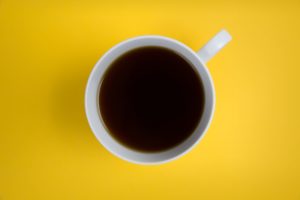
- Ultra-processed foods.
- Too much caffeine, like energy drinks, soda, coffee.
- Sugar, such as soda, candy, and baked goods.
Eat Healthily, Stay Healthy!
We become whatever we eat. Thi si why a healthy body and mind having all the nutrients are necessary. Especially when you are recovering from any type of addiction, you need to fill the lack of nutrients that have been made during your addiction period.
So, now, follow a healthy diet and get well soon!
Want to unlock greater wellness?
Listen to our friends over at Wellness Force Podcast to unlock your genetic potential with Dr. Ben Lynch:

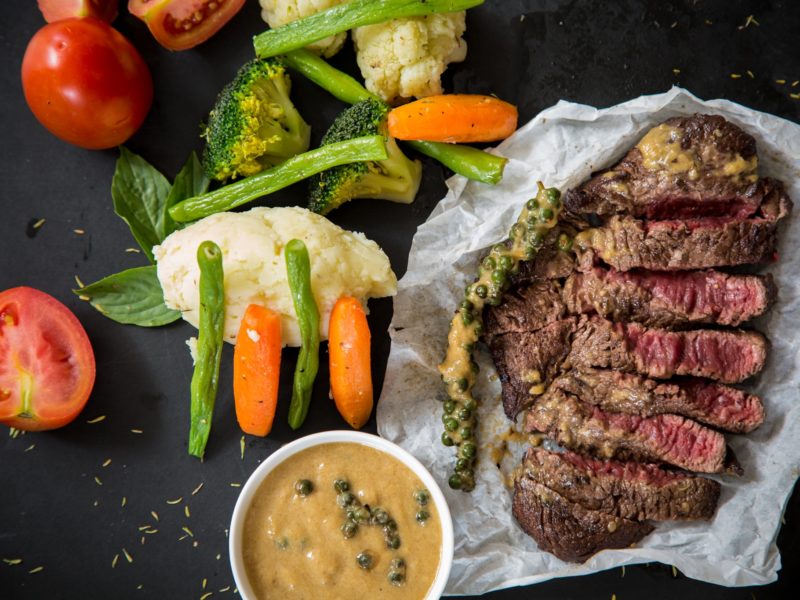



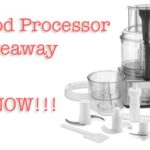
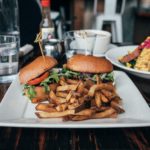
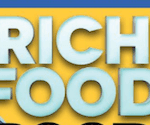
 Best Resources & Tips for People Entering Their 60s
Best Resources & Tips for People Entering Their 60s